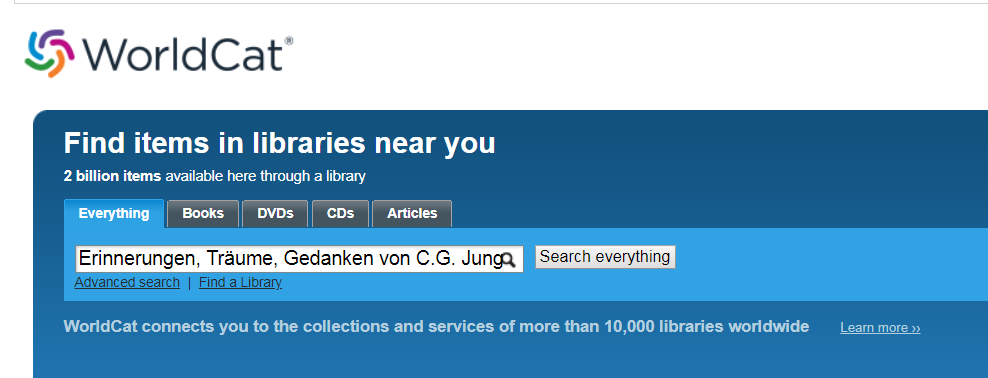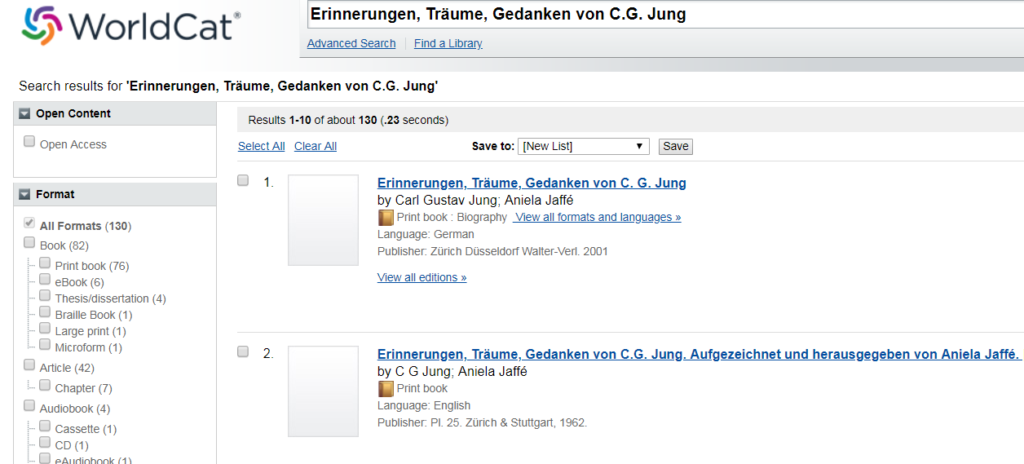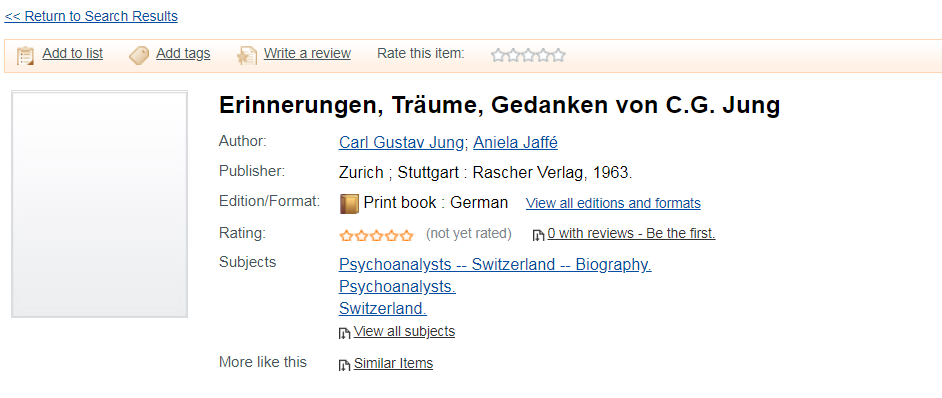Sometimes editing requires a little detective work, especially when the manuscript you’re working on has several incomplete references. You could query the author for the missing information, but with minimal time and effort, you may be able to the find the information you need using 2 free resources: PubMed and Worldcat. Both of these resources have extensive features, and editors can use the basic search interface to find missing reference information.
PubMed is an essential resource for medical editing—I use it nearly every day. If you need to fact-check data from a published journal article or online book, find an abstract for background information on a study cohort, or search for a missing volume or issue number for a journal reference, PubMed is the tool for the job. Let’s use it to find the missing volume and last page of the article in this reference:
Hui D, Hannon BL, Zimmermann C, Bruera E. Improving patient and caregiver outcomes in oncology: team-based, timely, and targeted palliative care. CA: a Cancer Journal for Clinicians. 2018;_(5):356.
We’ll start by typing in the author names in the PubMed search field and hitting enter.

Let’s see what we get!

Voila! Now we have the complete reference, and we can even update the journal title. As an added bonus, the full-text article is available with a click of a button on this page. If I need to do any fact-checking, I can access the article directly from PubMed.
That was quick and easy, but PubMed doesn’t index print books. No problem! Worldcat, the world’s largest library catalog, is another free resource that editors can use to find missing publication information. Worldcat allows you to search the collections of libraries around the world; it’s a great resource for materials published in languages other than English. I primarily use it to find chapter titles and publication information for print books. Let’s give it a try with this incomplete reference:
Erinnerungen, Träume, Gedanken von C.G. Jung 1961; Carl Gustav Jung and Aniela Jaffé.
Although I’m almost certain that this is a reference for a book, I’m going to select the “Everything” tab in the Worldcat search field to capture all of the potential results.

This yields 130 results, but in this case, the first result is a close match for the title and authors. The year doesn’t match the information in the incomplete reference, but if we click the “View all editions” link underneath the reference, we can narrow the results even further.

This is what we get:

This looks like a good match! The title and authors match those listed in the incomplete reference. The year doesn’t quite match, but it’s close. I can now ask the author to confirm the complete reference.
Searching for complete publication information for journal articles and books is quick and simple with PubMed and Worldcat. Although these free databases offer many more features, I use the basic search feature most often. Give them a try, and, of course, always check with the author to confirm that the information that you have is correct.–Juliet Orellana
